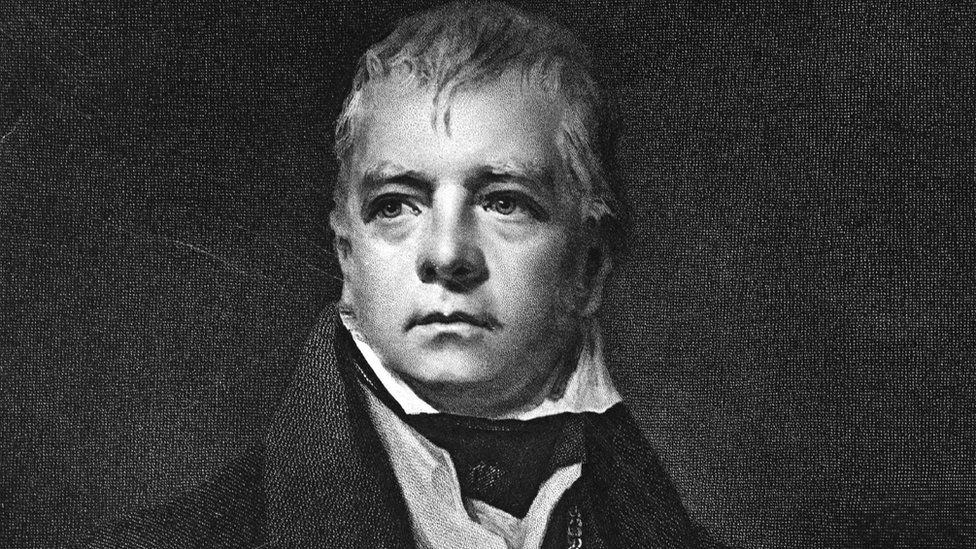Walter Scott Prize analysis finds trends in historical fiction
- Published

Analysis of entries for the Walter Scott Prize has revealed which periods are popular settings for historical fiction - and which ones are not.
The study is based on the 650 novels submitted over the eight-year history of the award given out at the Borders Book Festival in Melrose.
It coincides with the opening of entries for this year's prize.
Shortlists were also analysed to see whether the period setting had an effect on their success.
Recent past
Alistair Moffat, who chairs the prize judges, said the results of the survey shed "fascinating light" on trends and inspiration.
A large slice of entries were found to be from relatively modern times.
In total, 38% of submissions were set in the 20th Century making "relatively recent history by far the most popular setting for literary fiction".
War stories
Writers and publishers continued to be drawn to the two World Wars as settings or backdrops for fiction.
In total, 14% of all submissions were set during World War Two, while 9% were set during World War One.
Nearly a quarter (23%) of the books shortlisted for the prize were set during World War One while 14% of shortlisted books were set during World War Two.
We are amused
The Victorian era proved to be another very popular period for entries.
More than 120 of the books submitted for the prize - nearly 20% - were set between 1837 and 1901.
"The Victorian era continues to fascinate writers and provides a rich seam of inspiration for novels, as exemplified by the recent success of books such as Sarah Perry's The Essex Serpent," said Mr Moffat.
Prize judge and historical novelist Katharine Grant added that the era encompassed "so many great themes" including "exploration, industrial expansion, empire, scientific discovery, religious doubt".
Justified but not ancient
The study found that some periods produced just a "scattering of submissions" with novels set in ancient or medieval times relatively rare.
However, the Tudor, Stuart and Regency periods did prove popular.
Secret of success?
If anyone is hoping to find a formula for producing a winner, it looks like it might be forlorn.
Books which won the prize came from a spread of several hundred years ranging from the 14th to 20th Centuries.
"The diverse settings of our overall winning novels shows that our rule of quality of writing as the deciding factor has prevailed over any publishing trend for particular periods of history," Mr Moffat said.
Past winners of the Walter Scott Prize
- 2010 - Wolf Hall by Hilary Mantel
- 2011 - The Long Song by Andrea Levy
- 2012- On Canaan's Side by Sebastian Barry
- 2013 - The Garden of Evening Mists by Tan Twan Eng
- 2014 - An Officer and a Spy by Robert Harris
- 2015 - The Ten Thousand Things by John Spurling
- 2016 - Tightrope by Simon Mawer
- 2017 - Days Without End by Sebastian Barry
This year's prize has just opened for entries, with a shortlist to be announced in March and the winner of the £25,000 prize revealed in Melrose in June.
- Published19 June 2017